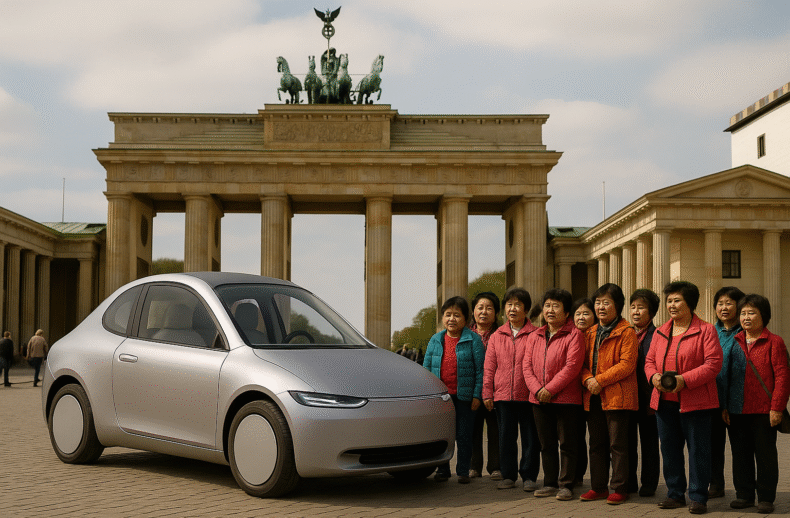Trong một thế giới bị ám ảnh bởi sự tiện lợi, máy hút bụi robot xuất hiện như một biểu tượng của sự tiến bộ. Nhưng theo quan điểm của Eidoist, nó không vượt qua được bài kiểm tra về hình thức. Nó không phải là một công cụ sinh ra từ sự cần thiết, mà là sản phẩm của sự né tránh—giao phó sự hiện diện, nhịp điệu và kỷ luật cho một cỗ máy đang vo ve. Bên dưới bề mặt sạch sẽ của nó là một mạng lưới lãng phí tài nguyên, sự phức tạp của kỹ thuật số và sự tiêu dùng được thúc đẩy bởi sự công nhận. Nó không đơn giản hóa cuộc sống; nó ngụy trang sự lười biếng thành sự giải phóng. Eidoism tiết lộ nó không phải là một giải pháp, mà là một triệu chứng của một nền văn hóa đang cố gắng tự động hóa để thoát khỏi sự tồn tại.









